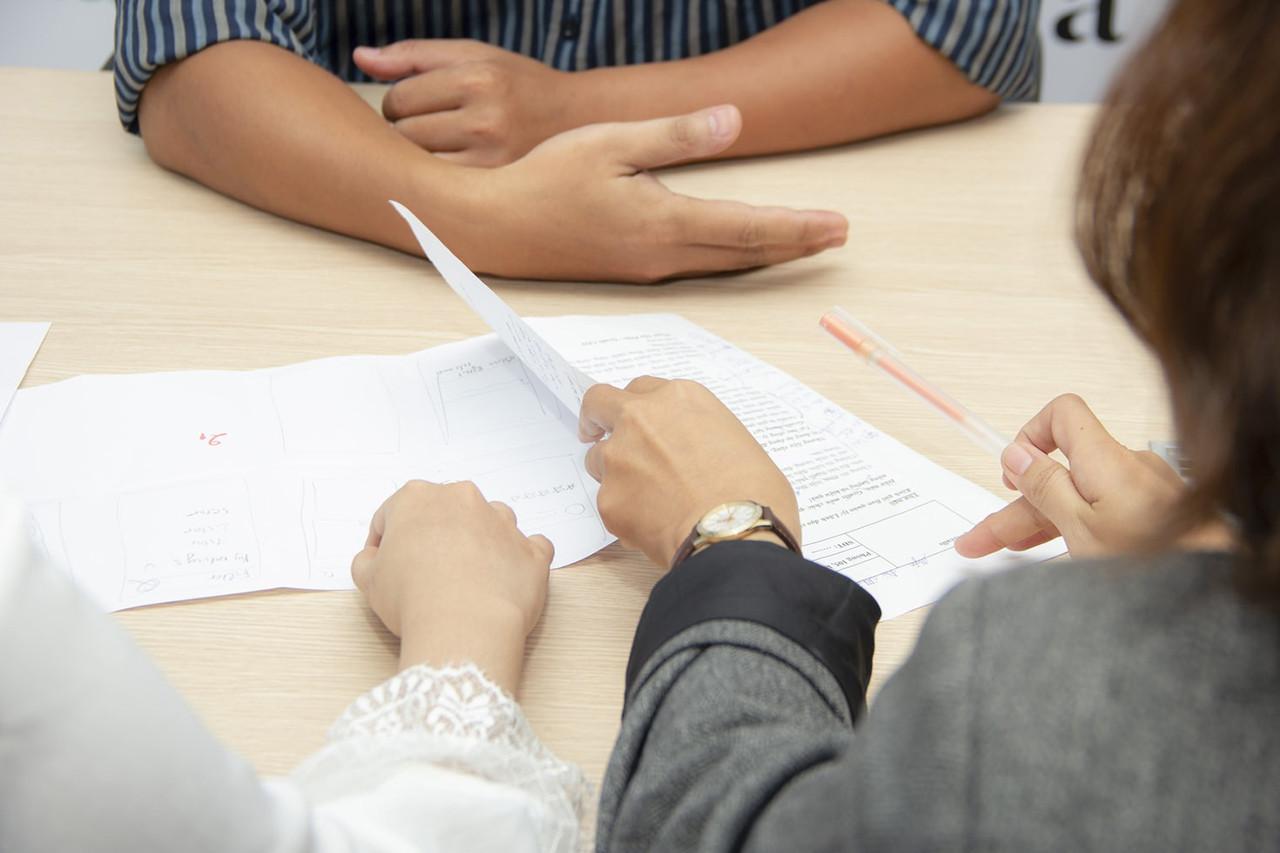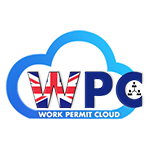Right to work checks for EEA/Swiss workers: Important Must-knows for Employers

10 Apr 2021
By Admin
Category: Compliance
01:25 pm
As per the UK Home office updates, employers in the UK will need to check the right to work of the workers from the European Economic Area (EEA) and Switzerland from 1 July 202. Earlier the EEA citizens and their family members were relying on their EEA passport or national ID card. But from 1 July onwards, they will need to show their immigration status. The entire updated code of practice as published by the UK Home office can be accessed here.
Under the purview of the new Code of Practice, there are a few important questions that this blog will shed light on for the ease of our readers to understand the whole process.
1. What are the important changes in the List A and List B which encompasses original documents for physical check of a worker?
Ans. The updated draft adds the following documents as acceptable for a manual right to work check:
a. Irish passports and passport cards
b. A document issued by the Crown Dependencies Jersey, Guernsey, or the Isle of Man, which has been verified as valid by the Home Office Employer Checking Service
c. A frontier working permit issued under regulation 8 of the Citizen’s Rights (Frontier Workers) (EU Exit) Regulations 2020
At the same time it removed the following documents, which used to be acceptable earlier:
EEA passports, national identity cards and specified EEA Regulations documents which only confirm the individual’s nationality or that they were exercising EEA Treaty Rights from 1 July 202.
2. Who should be checked for the right to work?
Ans. The employer will do a pre-employment check with all recruits.
Recruits from EEA/Switzerland, who have already applied for their Settlement Scheme under the EUSS, can share their immigration status with their employer online. In this case, there will be a 'share code' generated through the online checking system. Those who don't have settlement or pre-settled status under the EUSS from 1 July, will have to show their right to work manually according to the required documents mentioned in List A and List B.
Employers who carry out the checks using the online service as described in the draft will secure a statutory excuse against a liability of civil penalty of up to £20,000 ( per illegal worker). Where the employees can present physical documents, the employer is allowed to check their right to work manually.
3. What happens to the rights to check for existing staff? Will they require a repeat check?
Ans. The latest draft indicates that no retrospective checks on existing employees from EEA countries/Switzerland will be needed. A statutory excuse for any civil penalty will be maintained if the employer completed the right to check during the employment of any existing staff. In addition, employers must remember that if they decide to do any repeat checks on existing staff, they will have to refrain from any kind of discrimination.
4. What advice can the employer give to the employee from EEA/Switzerland who didn't apply to the EU settlement Scheme by 30 June 2021?
Ans. According to the home office updates, the following advice can be given to the employee, instead of terminating him/her.
a.To apply to the EUSS within 28 days and provide a copy of his/her Certificate of Application (CoA).
b. Confirming through the Employer Checking Services (ECS) about the application, once a copy of CoA. In this phase, the employer may need to provide evidence of the concerned employee's start date, including a copy of initial right to work check
c. A Positive Verification Notice means the obtainment of a statutory excuse for six months, during which the application will be processed. Before the Positive Verification Notice expires, the employer must conduct a follow up check with the ECS.
5. What happens if the employer finds out that an application at the ECS is pending? Will there be a second PVN allowed?
Ans. If the follow up check confirms that the application is pending the employer will be given a further PVN for six months, and a further follow check should be undertaken in the same way as previously prior to expiry of the second PVN. If the follow up check confirms that the application has been refused, the employer should take steps to end the individual’s employment.
6. What happens to those employees from EEA/Switzerland, who are working without a EUSS status?
Ans. In this kind of circumstances, the Home office declared transitional measures that can be followed till 31 December 2021. Such employees will be given 28 days notice by the Home Office, during which they can file a late application. However, while accepting or rejecting the application, the ground of missing the deadline will be taken into question.
7. How long should the employer wait for ECS to reply to any application?
Ans. The usual waiting period is 5 working days when it comes to considering an ECS request. However, ECS might need a longer period to respond. In that case, the employer can hire the recruit after receiving an automated message from the ECS. This automated response provides a statutory excuse to illegal working. In case of receiving a subsequent negative verification, the employer is instructed to carefully investigate before terminating an employee.
8. What does the employer need to know about COVID-19 adjusted right to work check?
Ans. The Home office made some temporary changes when it comes to the right to work check by employers. It started from 30 March 2020 and will continue till 31 August 2021. During this period, documents can be checked via video call or applicants and existing employees can scan their documents and share via email or mobile app. If any of them fail to show it, the employer can contact ECS regarding this. From 1 September 2021, employers are instructed to check the original copies physically or via online, in case an employee provides a share code. Throughout the process, the employer must ensure that all kinds of discriminations are avoided while inspecting the right to check the work of an employee.
For detailed instructions, please go through the employer's guide here.

Related articles:
Who can apply for a license to hire migrant workers?
What are the advantages of having a Skilled Worker Sponsor Licence?
What’s next after you submit your sponsor licence application?
What are the main duties once an organisation obtain a skilled worker sponsorship license?
CONTACT AN ADVISER
Immigration Advisor and Commissioner of Oath
Managing Director
Work Permit Cloud Limited

